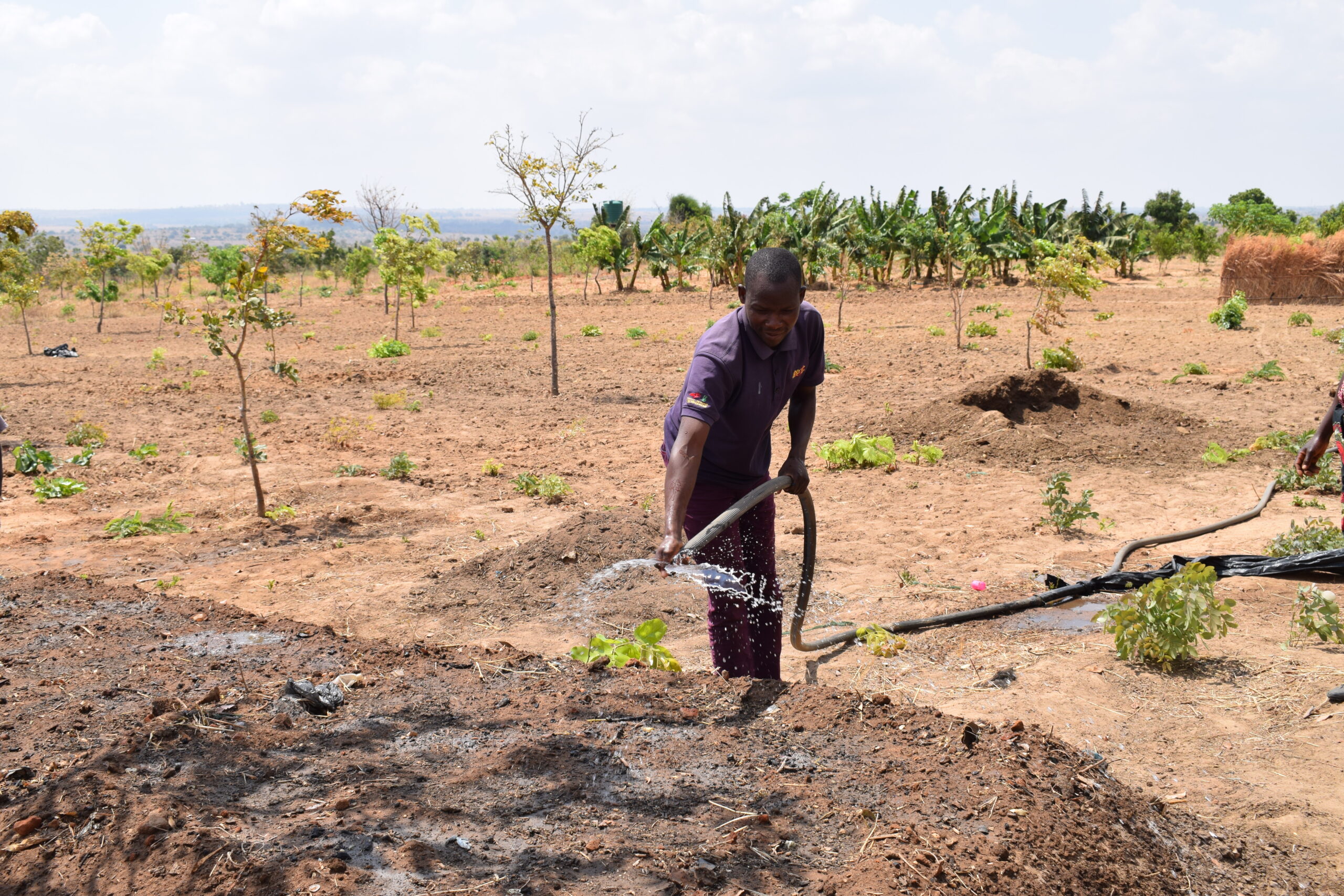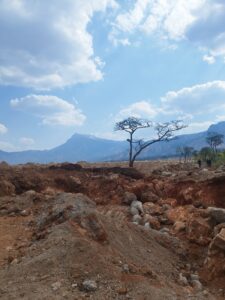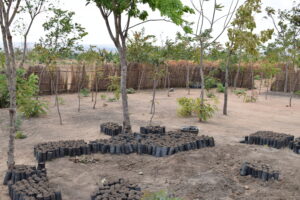
The UN World Wildlife Day is an international holiday which recognizes the importance of the natural environment and the vital role animals and plant life play in keeping Mother Nature healthy with thriving biodiversity.
UN World Wildlife Day has now become the global annual event dedicated to wildlife and as well as recognising its importance as an immense resource for our food, our medicine, our housing, and our clothing too – March 3rd is a day to celebrate the important conservation work being done all around the world.
The theme this year may seem out of place as digital technology isn’t usually something that comes to mind when we think about nature and wildlife but it’s how technology is being used to protect and conserve nature and our ecosystems that is at the centre of this year’s theme.
Technological innovation has made research, communication, tracking, DNA analysis and many other aspects of wildlife conservation easier, more efficient and accurate but there is a power imbalance as access to these technologies are not equal and this is having a knock on effect in nature conservation in regions excluded from new tools to address things like environmental pollution or managing animal migration.
Unsurprisingly it is global south which is excluded from most of these tech innovations and lack of access to the internet means there is a disconnect between communities and new knowledge and understandings of our natural world including general information and knowledge too.
According to the UN:
“around 2.7 billion people of our global population are still not online. On average, only 36% of the populations in the least developed countries and landlocked developing countries are online. Women and young people are more likely to experience gaps in Internet access and/or job-ready digital skills”.
In the places we work, building livelihoods goes hand in hand with sustainability and caring for our common home. Our partners at the Jesuit Centre For Ecology & Development (JCED) based in Malawi is within that context where the majority of people do not have access to the internet which means they are essentially cut off from the global digital community and the engagement and knowledge sharing that these platforms and forums offer.
 Partnered with JCED, the Tasinth Mlimi project is focused on building resilience in vulnerable communities in the Kasungu region of Malawi by way of improving food security whilst building grassroot knowledge of sustainable farming practices.
Partnered with JCED, the Tasinth Mlimi project is focused on building resilience in vulnerable communities in the Kasungu region of Malawi by way of improving food security whilst building grassroot knowledge of sustainable farming practices.
A big part of the project is to tackle deforestation and restore ecosystems for carbon sequestration which is a fancy term about the process in which CO2 and greenhouse gases can be captured and stored reducing the amount being released into our atmosphere.
Despite doing the least to cause global warming, the global south is at the forefront of extreme and harsh weather conditions due to climate change. Farming is becoming increasingly difficult and leaving vulnerable communities even more vulnerable as they struggle to cope with environmental hardships. The project is about addressing both issues and giving locals the tools and resources to adapt and do so that that works with wildlife not against it.
In October last year I was able to visit Chimbalu or the ‘green village’ as it is nicknamed and saw for myself the amazing knowledge sharing and collaboration in developing farming communities with climate in mind. I met villagers and spoke with them about the impact JCED and their development officers had made through trainings on appropriate land use and agroforestry – which is the integration of trees with crops and orchards, to not only combat deforestation but support local wildlife.

Plant nursey at eco-village
Happy, a lead eco-farmer, spoke to me about how his trainings enabled him to expand his small-scale farm not only to provide meals for his family but to generate new income streams by selling surplus and developing a business around nursey plantings.
The Tasinth Mlimi project has wildlife at its heart and is about building that awareness that our common home, the earth, is not separate from humanity but a vital component to it and that we have to work together with each other and nature for a sustainable future.
To find out more about JCED, you can watch the video produced by our friends at Jesuits Global:

